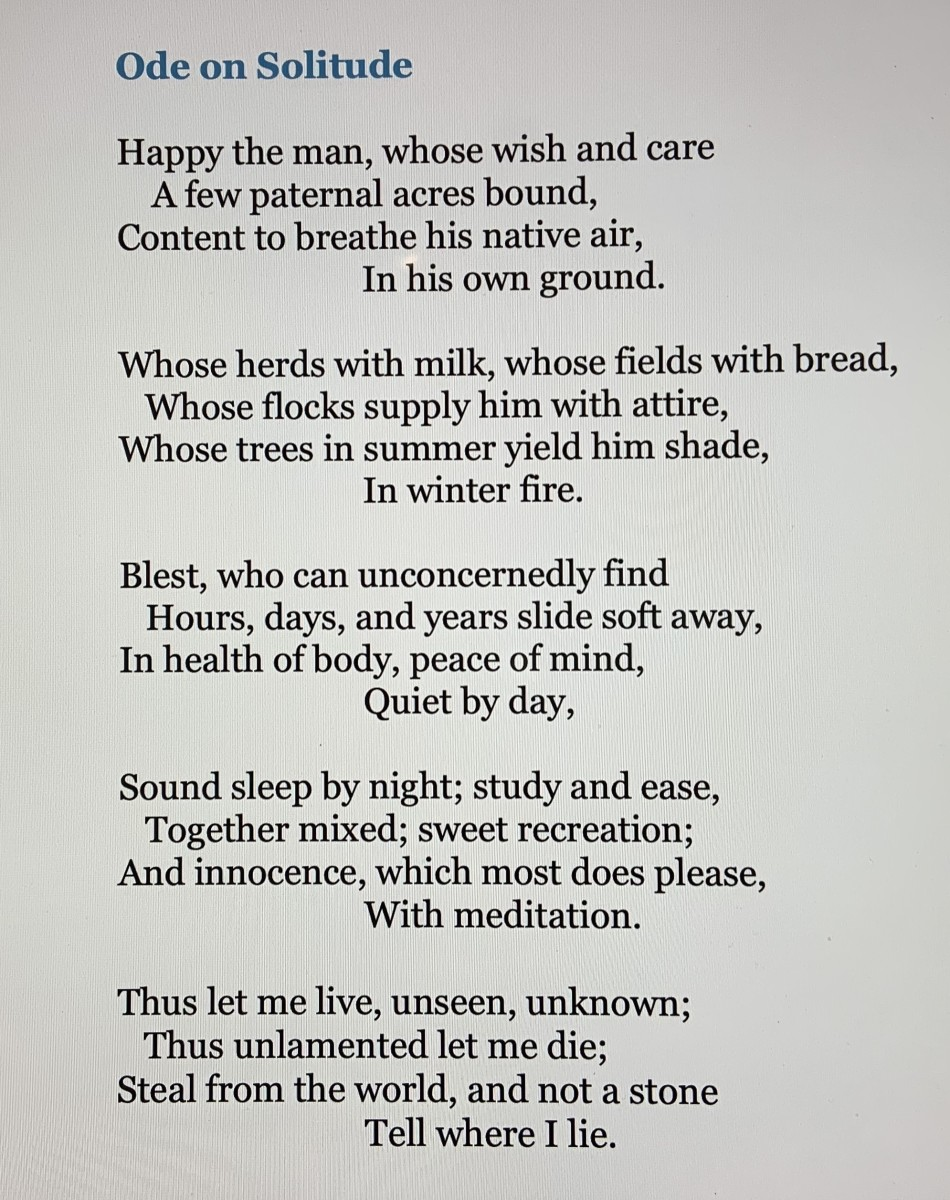Welcome to my Blog,
This blog is created as part of my B.A. studies. This blog is more than a digital journal; it's a dynamic tapestry where ideas, reflections, and the vibrant hues of learning converge.
Alexander Pope
Alexander Pope (1688–1744), a prominent figure in the Neoclassical movement of the early 18th century, was a distinguished English poet known for his mastery of the heroic couplet. As a central tastemaker of the Augustan age, Pope played a crucial role in shaping the literary landscape of his time. His reputation as a satirist, philosopher, and influential writer has endured through various periods of reassessment.
Pope's poetic brilliance is exemplified by his perfected use of the rhymed couplet form, influenced by his idol John Dryden, and applied to satiric and philosophical purposes. His mock epic, "The Rape of the Lock" (1714), is a notable work that satirizes elite society, while "An Essay on Criticism" (1711) and "An Essay on Man" (1733–34) articulate key tenets of 18th-century aesthetic and moral philosophy. Pope was a central member of the Scriblerus Club, which included literary luminaries such as Jonathan Swift and John Gay. His translation of Homer's "Iliad" and "Odyssey" via subscription made him the first full-time professional English writer, allowing him financial independence.
Despite his significant cultural impact in the 18th century, Pope's reputation faced challenges during the Romantic era, as the Neoclassical emphasis on form gave way to a preference for sincerity and authenticity. However, Pope's works regained appreciation in the early 20th century, with scholars recognizing him as a great formal master, an eloquent representative of his era, and a keen observer of Enlightenment culture and politics. His writings continue to be studied for their linguistic virtuosity, satirical insights, and contributions to the intellectual and literary landscape of the Neoclassical period.
Ode on Solitude
Alexander Pope, widely recognized as a leading English poet of the early 18th century, penned the "Ode on Solitude" at the remarkably young age of 12 in the year 1700. Unlike his later satirical works that gained him prominence, this early poem takes on a more earnest and contemplative tone. In the ode, Pope praises the virtues of a simple and solitary life, asserting that true happiness lies in self-sufficiency and indifference to the opinions of others. The poem extols the contentment found in a life where desires are modest, and one is satisfied with the natural provisions of their inherited land.
The fortunate individual, according to Pope, is someone whose basic needs are met by their own resources – milk from cows, food from crops, clothing from sheep, and shelter and fuel from their trees. The ode portrays an idyllic existence where time passes gently, and the person enjoys good health, mental peace, and tranquility both day and night. The ideal life, as envisioned by the Pope, involves a harmonious blend of labor and leisure, moments of thoughtful reflection, and the purity that brings happiness to most people. The ode concludes with the poet expressing his desire for such a life, hidden from the view of others, with no need for mourning or a marked grave upon his eventual demise. Instead, he wishes to quietly slip away from the world.
"Ode on Solitude" reflects Pope's early contemplation on the virtues of a simple and self-reliant life, offering a glimpse into the poet's philosophical musings even before he fully developed his distinctive satirical style.






No comments:
Post a Comment